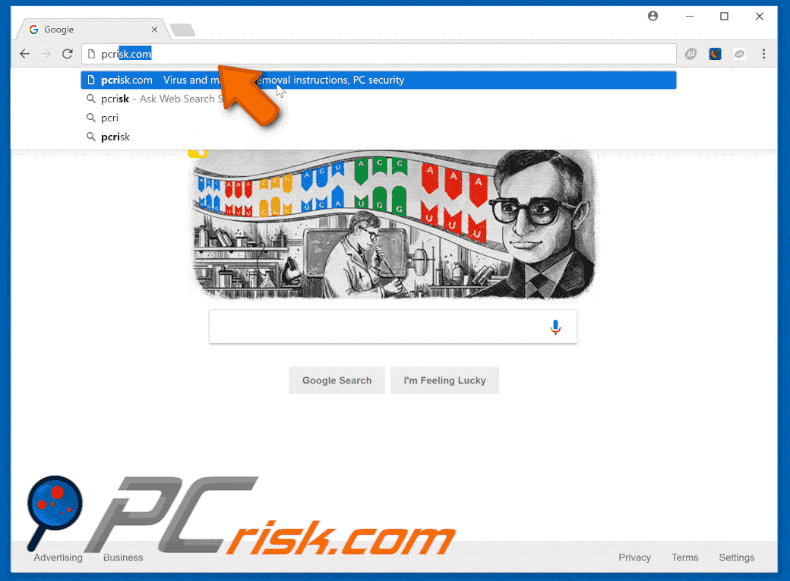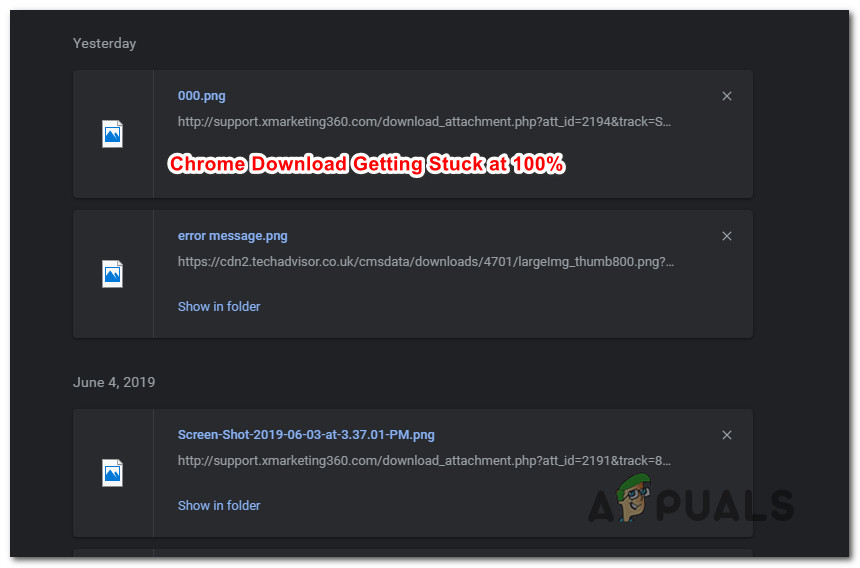
/what-to-do-when-you-see-a-virus-warning-popup-on-android-4768509-1-ae6d06dd24a248d29152ca67959989f6.png)
- #Scan google chrome for viruses windows 10#
- #Scan google chrome for viruses software#
- #Scan google chrome for viruses code#
- #Scan google chrome for viruses download#
PHP files, compressed source codes, project files, or unknown but valid.
#Scan google chrome for viruses windows 10#
Windows 10 and Chrome have aggressive security policies that may give false-positive results, marking a valid file as a virus. However, if you are sure that you are downloading a legal and safe file then you can try to disable the security settings on your Windows device.
#Scan google chrome for viruses download#
It is not recommended to download cracks or patches since they can seriously damage your Windows PC.
#Scan google chrome for viruses software#
This is a common error if you are trying to download a software crack, patch, or keygen due to Chrome security policies. Anyone who has downloaded one of these add-ons should remove it immediately and run a virus scan.Sometimes you are trying to download a valid file on Google Chrome but get an error “Failed Virus Detected” even if you are downloading from a reputed website. The list Avast provides in its blog post includes links to download locations for both Chrome and Edge. Invisible mode for Instagram Direct Message.Google and Microsoft didn’t immediately respond to an email seeking comment and asking if the companies planned to remove the extensions reported by Avast. In other cases, the extensions were published by developers who managed to bypass vetting processes browser makers used in an attempt to block abusive or malicious add-ons.
#Scan google chrome for viruses code#
In at least one case of extension tampering, malicious code was inserted into extensions after attackers gained access to the accounts of legitimate developers. Individuals’ tax returns, doctor appointment schedules, and other personal information was also exposed. The data divulged proprietary information from some of the biggest names in tech, including Tesla, Trend Micro, Symantec, and Blue Origin. Last year, a researcher uncovered Chrome and Firefox extensions that collected and published the browsing histories of an estimated 4 million people. Advertisementįurther Reading My browser, the spy: How extensions slurped up browsing histories from 4M usersOver the past few years, third-party add-ons have become a widely used means for infecting people with malware and adware. It’s also possible that legitimate developers created the add-ons and then unknowingly sold them to someone who intended to use them maliciously. The researchers don’t yet know if the extensions came with the malicious code preinstalled or if the developers waited for the extensions to gain a critical mass of users and only then pushed a malicious update. The actors also exfiltrate and collect the user’s birth dates, email addresses, and device information, including first sign in time, last login time, name of the device, operating system, used browser and its version, even IP addresses (which could be used to find the approximate geographical location history of the user). User’s privacy is compromised by this procedure since a log of all clicks is being sent to these third party intermediary websites.

Anytime a user clicks on a link, the extensions send information about the click to the attacker’s control server, which can optionally send a command to redirect the victim from the real link target to a new hijacked URL before later redirecting them to the actual website they wanted to visit. Users have also reported that these extensions are manipulating their internet experience and redirecting them to other websites. At the time this post went live, some, but not all, of the malicious extensions remained available for download from Google and Microsoft.Īvast researchers found malicious code in the JavaScript-based extensions that allows them to download malware onto an infected computer. The add-ons billed themselves as a way to download pictures, videos, or other content from sites including Facebook, Instagram, Vimeo, and Spotify.

In all, researchers from Prague-based Avast said they found 28 extensions for the Google Chrome and Microsoft Edge browsers that contained malware. As many as 3 million people have been infected by Chrome and Edge browser extensions that steal personal data and redirect users to ad or phishing sites, a security firm said on Wednesday.


 0 kommentar(er)
0 kommentar(er)
